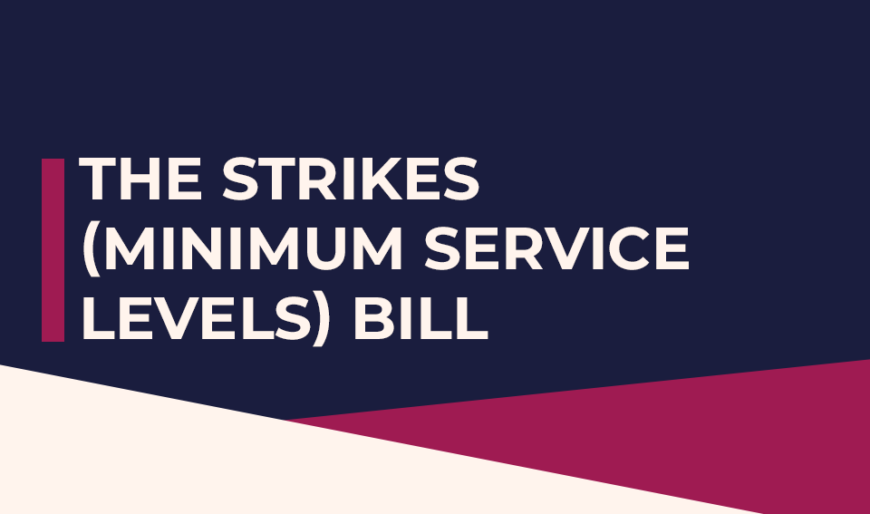Professor Keith Ewing
Professor Keith Ewing is Professor of Public Law at King's College London. He has written extensively on various aspects of British, European and international labour law. He is the President of the Institute of Employment Rights, President of the Campaign for Trade Union Freedom, Vice President of the International Centre for Trade Union Rights, and Legal Editor of International Union Rights.
Lord John Hendy KC
Lord Hendy KC is Chair of the Institute of Employment Rights. He is a barrister specialising in industrial relations law, based in Old Square Chambers, London. He is President of the International Centre for Trade Union Rights (ICTUR) and a Vice President of the Campaign for Trade Union Freedom.









Employment Rights Bill: Yet another missed opportunity for workers’ rights